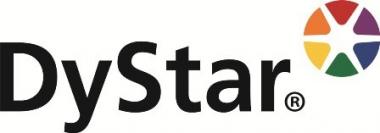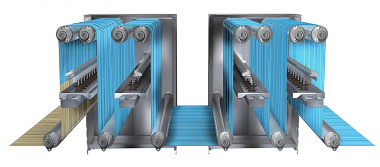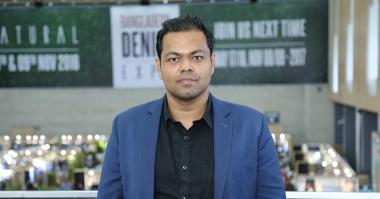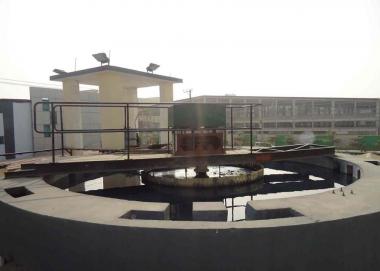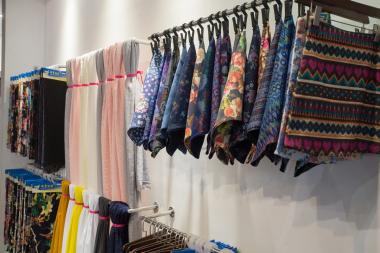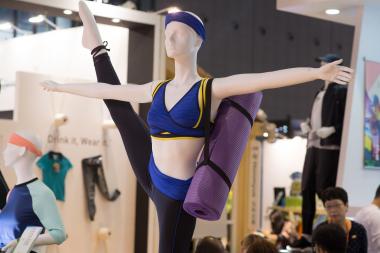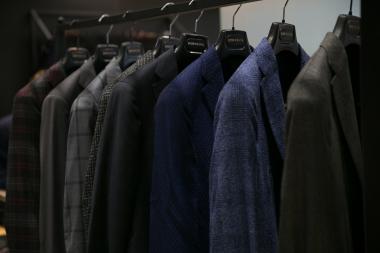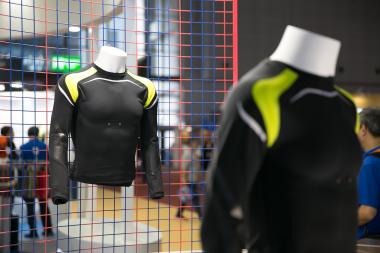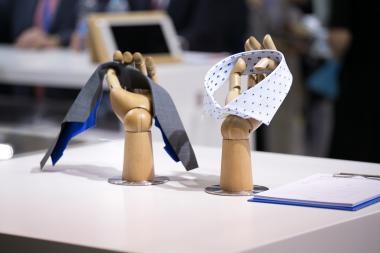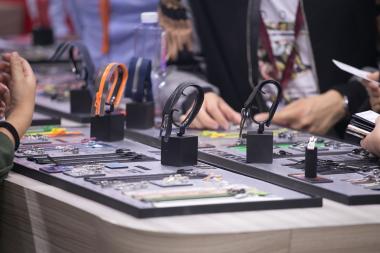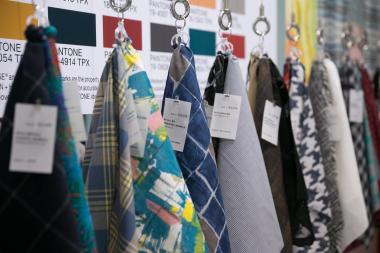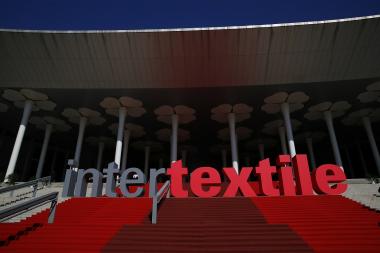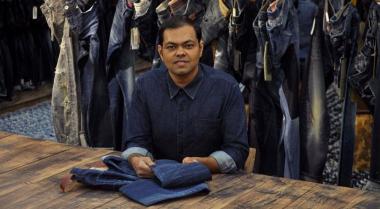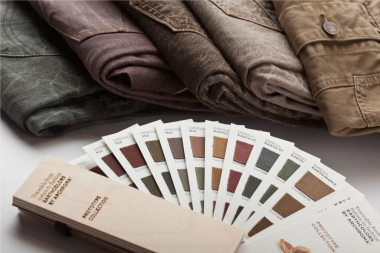DyStar: Breakthrough in bulk production of Indigo spray dyeing
DyStar and RotaSpray successfully developed their indigo spray dyeing procedure for production on a bulk level which allows denim producers to significantly reduce their environmental impact.
The solution was first introduced at ITMA Milan in 2015. Since then, DyStar and RotaSpray have been working together to develop it further and make it available for bulk production in important Denim markets like Turkey, India and Pakistan. With the recent breakthrough, they are now announcing a salt-less dyeing solution for the denim industry. This new technology is awarded important ECO certificates and offers high flexibility for dyeing small lot sizes, reduced water usage and effluent discharge lower impact on yarn in the dyeing process and simplified recipe changes.
The new Spray dyeing technology combines DyStar Indigo Vat 40% Solution, Sera® Con C-RDA (a unique organic reducing agent) and the effective optimization of spraying parameters of the EPO patented RotoDyer® and the RotoCoater® spraying technology. Although rotary atomizers have been established for several decades in the textile industry they were mainly used for rewetting textiles with moisture. But recent cost pressure and a global demand for more sustainable solutions were motivators for the R&D of the industry and led to the recent technology leap.
On sheet dyeing ranges (slasher), with process and layout modifications, coatings including DyStar Indigo Coat, Cassulfon®, Remazol®/Levafix® and Imperon® dyes can be applied by spray dyeing as well. The spray application of fixing agents and oxidation chemicals can be integrated into sheet dyeing (slasher) as well as rope dyeing machines.


